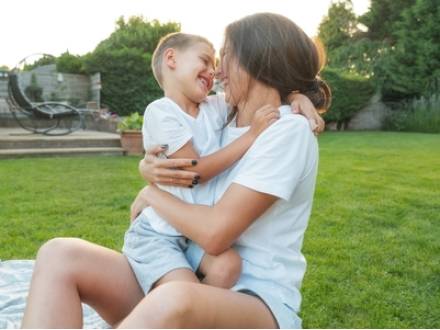 1580 N. Northwest Highway, Suite 12, Park Ridge, IL 60068
1580 N. Northwest Highway, Suite 12, Park Ridge, IL 60068
What If Both Parents Want Full Custody in Illinois?
 When both parents want full custody, litigation may be the only solution. The court’s goal is not to pick a "winner." Instead, Illinois judges focus on what is in the child’s best interests. If you know how these custody decisions work, you can prepare and make better choices. Our Cook County, IL child custody lawyers will represent you and help you fight to protect your child.
When both parents want full custody, litigation may be the only solution. The court’s goal is not to pick a "winner." Instead, Illinois judges focus on what is in the child’s best interests. If you know how these custody decisions work, you can prepare and make better choices. Our Cook County, IL child custody lawyers will represent you and help you fight to protect your child.
What Does "Full Custody" Actually Mean in Illinois?
Illinois no longer uses the word "custody" in family law cases. The legal term is allocation of parental responsibilities, explained under 750 ILCS 5/602.5 and 750 ILCS 5/602.7. The court decides how to divide both decision-making authority and parenting time between the parents. Decision-making refers to the right to make major choices about your child’s health, education, religion, and extracurricular activities. Parenting time refers to when the child lives with or spends time with each parent.
When someone says they want "full custody," they usually mean they want to make all major decisions for the child and have most of the parenting time. However, Illinois courts do not automatically favor one parent. The judge must look at the child’s best interests before making a final decision. The main goal is to create a stable and supportive environment where the child can grow and thrive.
Can Both Parents Legally Get Full Custody?
There is no way for both parents to have full custody at the same time. Either one parent has full parental responsibilities, or custody has to be divided in some way. Courts prefer shared responsibilities when parents can communicate well and keep conflict low. If there are serious issues, such as domestic violence, substance abuse, or ongoing conflict, the judge may limit one parent’s rights to protect the child.
How Does a Judge Decide Parental Responsibilities?
Judges look at many factors before deciding which parent should have decision-making authority or parenting time. These include:
-
The child’s bond with each parent and the quality of those relationships
-
Each parent’s willingness to help the child have a positive relationship with the other parent
-
The child’s adjustment to home, school, and community
-
The mental and physical health of the parents and the child
-
Any history of domestic violence, neglect, or unsafe conditions
This list is not comprehensive. Every situation has unique circumstances that the judge will consider when making a final decision.
What Happens During a Contested Custody Case?
When both parents ask for full custody, the case is called a "contested" custody case. Each parent must file paperwork asking the court to award parental responsibilities. After that, the court usually requires both parents to attend mediation under 750 ILCS 5/602.10. Mediation gives you a chance to work out a parenting plan with help from a neutral professional.
If you cannot agree during mediation, the court may order a custody evaluation. A trained evaluator or a guardian ad litem will review both parents’ situations and make a recommendation to the judge. Then, the court holds hearings. Each parent can present evidence, witnesses, and parenting plans. The judge reviews all the information and makes a final decision based on what will best support the child’s well-being.
Schedule a Free Consultation With a Chicago, IL Child Custody Attorney
If you and your co-parent both want full custody, you need strong legal support on your side. Our team helps clients truly understand each part of the process. We make sure you know what to expect and have a realistic view of the possible outcomes. At the same time, we fight for the best result for you and your child.
To learn how we can help protect your parental rights and your child’s stability, call The Law Office of George J. Skuros at 312-884-1222 and schedule a free consultation with experienced Cook County, IL parental responsibilities lawyers today.



 312-884-1222
312-884-1222









